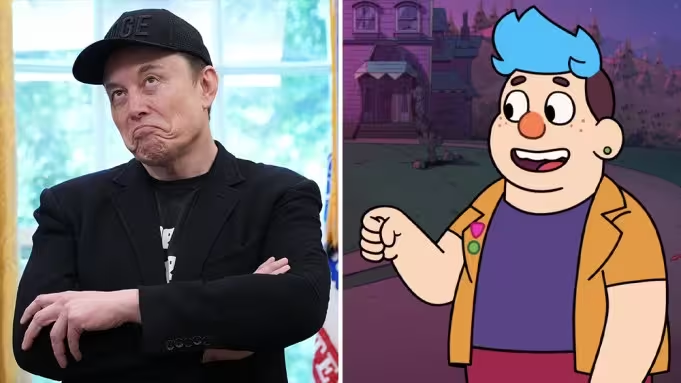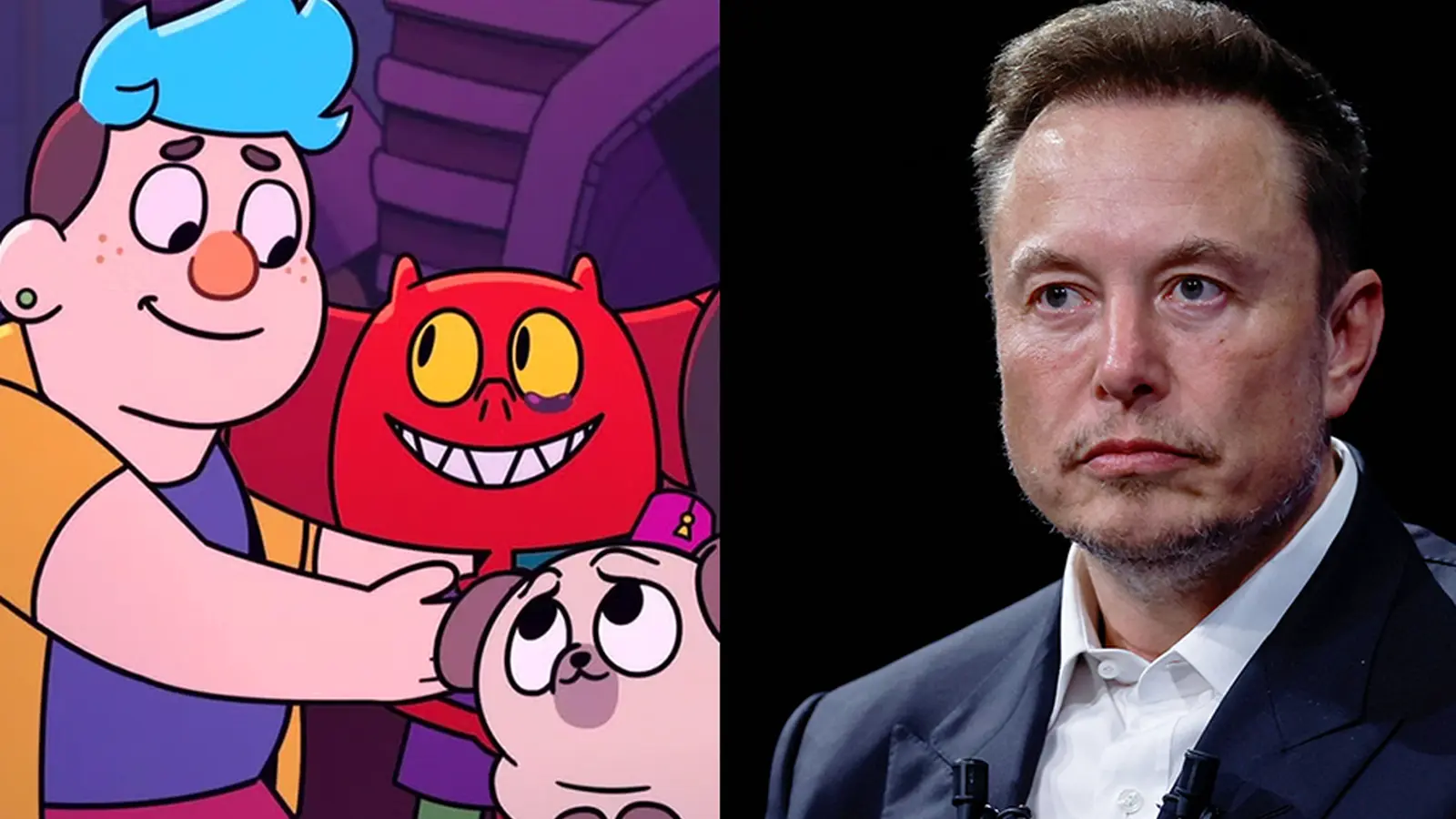5 Minutes
Musk amplifies old clip, sparks new controversy
Elon Musk has again thrust a three-year-old Netflix cartoon into the center of a heated online fight. Over the past few days Musk reposted X comments criticizing Netflix for including a transgender character in the animated series Dead End: Paranormal Park, prompting a renewed wave of attention — and abuse — aimed at the show’s creator and the series itself. Though Dead End was canceled in 2023, the episode clip in question — where protagonist Barney Guttman identifies as transgender — has circulated widely, reigniting debates about representation in children’s and family animation.
How the backlash unfolded
What began as a resurfaced clip quickly morphed into a social-media campaign. Musk urged followers to "Cancel Netflix for the health of your kids" and reposted messages denouncing what some called "transgender propaganda." The series’ creator, Hamish Steele, publicly announced on BlueSky that he would step away from social media after receiving “extremely nasty weird homophobic and antisemitic emails.” Steele’s early responses ranged from wry to weary; he initially joked that the day would be "very odd," later confirming the abuse made him take a break.
Netflix has not issued an official statement on the controversy. For now, the show remains available on the platform despite its 2023 cancellation.
Not an isolated moment: animation, politics and culture wars
This episode is part of a larger pattern. In recent years streaming platforms and family-oriented animation have become vectors for cultural debates — from She-Ra and the Princesses of Power to Kipo and the Age of Wonderbeasts — where inclusive casting and LGBTQ+ storylines attract both praise and targeted backlash. Dead End sits in the same lineage of shows that aim to broaden representation for younger audiences while also entertaining older, more diverse viewers.

Industry observers note that animated series frequently become rallying points because they reach families and younger viewers, making them symbolic in broader cultural conversations about education, identity, and parental control. Creators and platforms are therefore increasingly balancing creative intent, audience reaction, and the safety of talent facing online harassment.
Creator, community and platform responsibilities
Steele’s experience echoes that of other writers and showrunners who've faced targeted abuse after episodes or tweets go viral. Online amplification by high-profile accounts can turn a clipped moment into a national talking point overnight — and the fallout is often borne by individual creators rather than the platforms that host content.
“Modern platform dynamics can weaponize a five-second clip into a campaign,” says cinema analyst Dr. Lina Moretti, a media studies professor. “Creators are left exposed; industry protections and clearer platform policies are overdue.”
Context, comparisons and what this means for viewers
Comparatively, shows that foreground queer characters — from animated LGBTQ+ youth series to live-action teen dramas — tend to receive polarized responses: critical acclaim and passionate fan support on one hand, and coordinated online backlash on the other. Unlike scripted controversy tied to current releases, this situation underscores how evergreen content remains accessible and vulnerable to reinterpretation years after its debut.
Fans and defenders of inclusive storytelling point out that representation in animation has a long, slow arc: small steps in children’s shows can normalize identities for future generations. Critics argue platforms should be sensitive to parental concerns. Both perspectives fuel ongoing debates about gatekeeping, age ratings, and editorial responsibility.
Final thoughts
The Dead End controversy is more than a single show’s storyline being called into question; it’s an example of how social media, celebrity amplification, and culture-war flashpoints collide. As streaming services expand diverse storytelling, they also inherit the responsibility to protect creators and to communicate clearly about content intended for varied age groups. Whether you view the clip as a small moment of representation or a red flag, the episode highlights a pressing industry dilemma: how to steward inclusive stories in an ecosystem prone to rapid, sometimes hostile amplification.
"Creators should be able to tell inclusive stories without fear of coordinated harassment," says freelance film critic Mateo Orlov. "The conversation about representation is valid, but it shouldn’t condemn the people who make the work. Platforms need better safety nets for artists."
Source: deadline


Leave a Comment